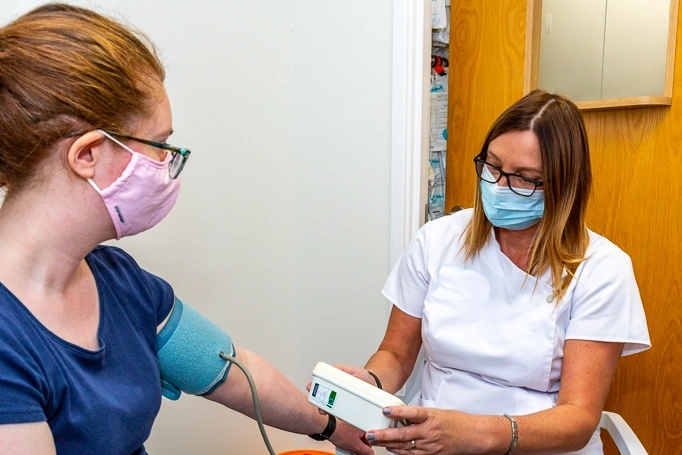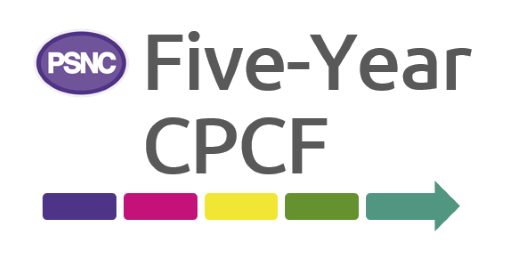Implementing Pharmacogenetics in the NHS: help design the optimal service
Clinical academics have developed a short online survey to investigate healthcare professional’s preferences for the development of a pharmacogenetic service in the UK, as part of the NHS PROGRESS trial. The research team is asking community pharmacists to take part in this study, by completing the survey.
The survey introduces the concept of pharmacogenetics and presents a series of hypothetical choices which you will be asked to choose between. Pharmacists will play a significant role in the development of any future pharmacogenetic programme, and their involvement in its development will be critical to its success.
Complete the short online survey
More about the study
Dr John McDermott, Genetics SpR & Honorary Clinical Lecturer at the Manchester Centre for Genomic Medicine explains more about the study
Using genetic data to improve the safety and effectiveness of medicines, a concept known as pharmacogenetics, could deliver significant benefits across the NHS for patients and the healthcare service as a whole. Over the past decade we have learned how common genetic variation can influence an individual’s response to medicines, and evidence-based guidelines to support pharmacogenetic guided prescribing are now available. Despite this, in the NHS implementation is limited to a small number of drug-gene pairs. This is typically carried out reactively, where variants in single genes are tested at the point of prescription. The NHS, via the PROGRESS Programme, is currently looking to develop an alternative strategy for implementation, co-deigned with clinical and public stakeholders.
Given the high population frequency of genetic variation which influences the effectiveness and safety of medicines, one alternative to reactive testing is pre-emptive panel testing. This involves testing individuals for many common pharmacogenetic variants at the same time. This information can then be stored in medical records and used to inform life-long prescription.
The aim of the PROGRESS programme is to develop an end-to-end platform for the delivery of pharmacogenetics in clinical practice. Critically, the overarching ambition is to create a service which is interoperable and scalable. As this data is relevant across an individual’s life and for many classes of medicine, this information is relevant in multiple healthcare contexts. The approach will ensure that patients should benefit from this intervention whether they’re in general practice, community pharmacy, or a hospital setting.
The PROGRESS programme has validated a panel-based test and created an approach to automatically move the results into a format which is readily understandable by healthcare professionals who may have no formal training in genetics. Rather than reporting an individual’s CYP2C19 result as *2/*3, this result is contextualised alongside an index prescription. For example, a clinician considering Citalopram for someone with the *2/*3 result would be advised to prescribe an alternative agent, due to the risk of side effects. This approach is currently being tested as part of the PROGRESS Trial, where patients are recruited from general practice and pharmacogenetic information is rapidly returned to inform the prescription of a range of commonly prescribed medicines.
Despite these positive developments, there is still no clear consensus around how a pre-emptive pharmacogenetic programme should be designed in the NHS. What is certain is that the design of any service should be informed by the opinions and experiences of the healthcare professionals who will be using it. To do this, the PROGRESS team have developed a Discrete Choice Experiment (DCE) aimed at healthcare professionals who can be compensated for their time. A DCE is an interactive survey which presents a series of hypothetical choices to the user.
By working with healthcare professionals and the public, the PROGRESS programme hopes to implement pharmacogenetics within routine practice. Pharmacists will play a significant role in any future programme, and their involvement in its development will be critical to its success.








